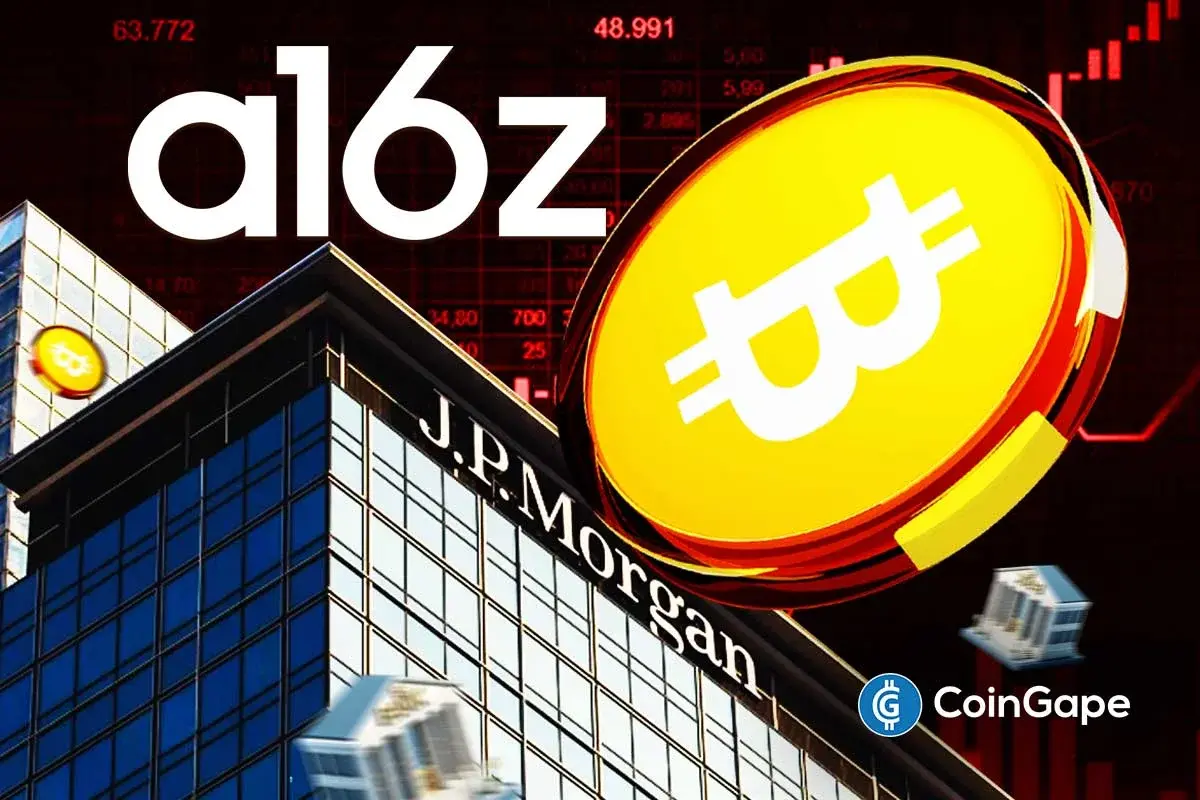Despite the apparent end to Operation Chokepoint 2.0, traditional financial institutions’ battle with crypto firms continues to escalate. According to a16z partners, following Operation Chokepoint 2.0, U.S. banks are now pushing “Chokepoint 3.0” – a new strategy aimed at suppressing crypto and fintech competition.
Banks Have Found A Workaround to Target Crypto Firms
In a recent newsletter, Andreessen Horowitz (a16z) partners James da Costa, Alex Rampell, Angela Strange, and David Haber wrote about the new “Operation Chokepoint 3.0” that follows Chokepoint 2.0. They stated,
That era has ended, but now the banks are aiming to implement their own Chokepoint 3.0.— charging insanely high fees to access data or move money to crypto and fintech apps — and, more concerningly, blocking crypto and fintech apps they don’t like.
Pointing directly to banking giants like JPMorgan Chase, a16z stated that they target crypto firms by overcharging them for banking services. As pointed out by the a16z partners, JPMorgan’s decision to introduce fees for data aggregators makes crypto operations expensive. The fees might affect fintech companies like Venmo, Robinhood, and Coinbase, potentially leading to increased costs for consumers or disruptions in financial tool access.
Notably, the crypto industry has pushed back on this Chokepoint 3.0, with some calling it “anti-competitive” and “rent-seeking behavior.” The decision coincides with ongoing debates over open banking frameworks in the US, with regulatory discussions shaping the future of data access and fees.
Reportedly, the crypto sector has been facing severe restrictions in the banking sector since the Joe Biden era. Prominent figures like Ripple CTO David Schwartz have raised voices against this indirect government regulation, calling it a “despicable evil.” Schwartz wrote,
Operation Chokepoint 2.0 was (is?) a government operation to pressure banks to unbank “disfavored” people and businesses, despite no evidence or accusations of unlawful conduct. The mechanism used, indirect regulation, is a despicable evil that is used as an end run around due process and should be discarded in the dustbin of history.
With Donald Trump becoming the 47th US President, his administration has been working to bridge the gap between traditional banking and cryptocurrency. This effort has attracted the attention of Wall Street giants to the crypto sector, potentially paving the way for greater institutional involvement and investment.
JPMorgan’s New Fee Structure Sparks Concerns
Interestingly, JPMorgan has already introduced a new fee structure for data aggregators that connect fintech apps to bank accounts, effective later this year. While CEO Jamie Dimon argues that third-party companies should compensate banks for system access, venture capital firms like a16z suspect the bank’s true motives may be more complex and potentially anti-competitive. The move has sparked concerns among fintech executives and investors, who fear it could increase costs for consumers and limit access to financial tools.
Gemini’s co-founder, Tyler Winklevoss, previously claimed that JPMorgan Chase halted the crypto exchange’s re-onboarding process due to his public criticism of the bank’s new data access policy. Winklevoss stated that JPMorgan’s decision to charge fintech firms for accessing customer banking data could bankrupt fintechs that support crypto transactions.
Investment disclaimer: The content reflects the author’s personal views and current market conditions. Please conduct your own research before investing in cryptocurrencies, as neither the author nor the publication is responsible for any financial losses.
Ad Disclosure: This site may feature sponsored content and affiliate links. All advertisements are clearly labeled, and ad partners have no influence over our editorial content.



✓ Share: